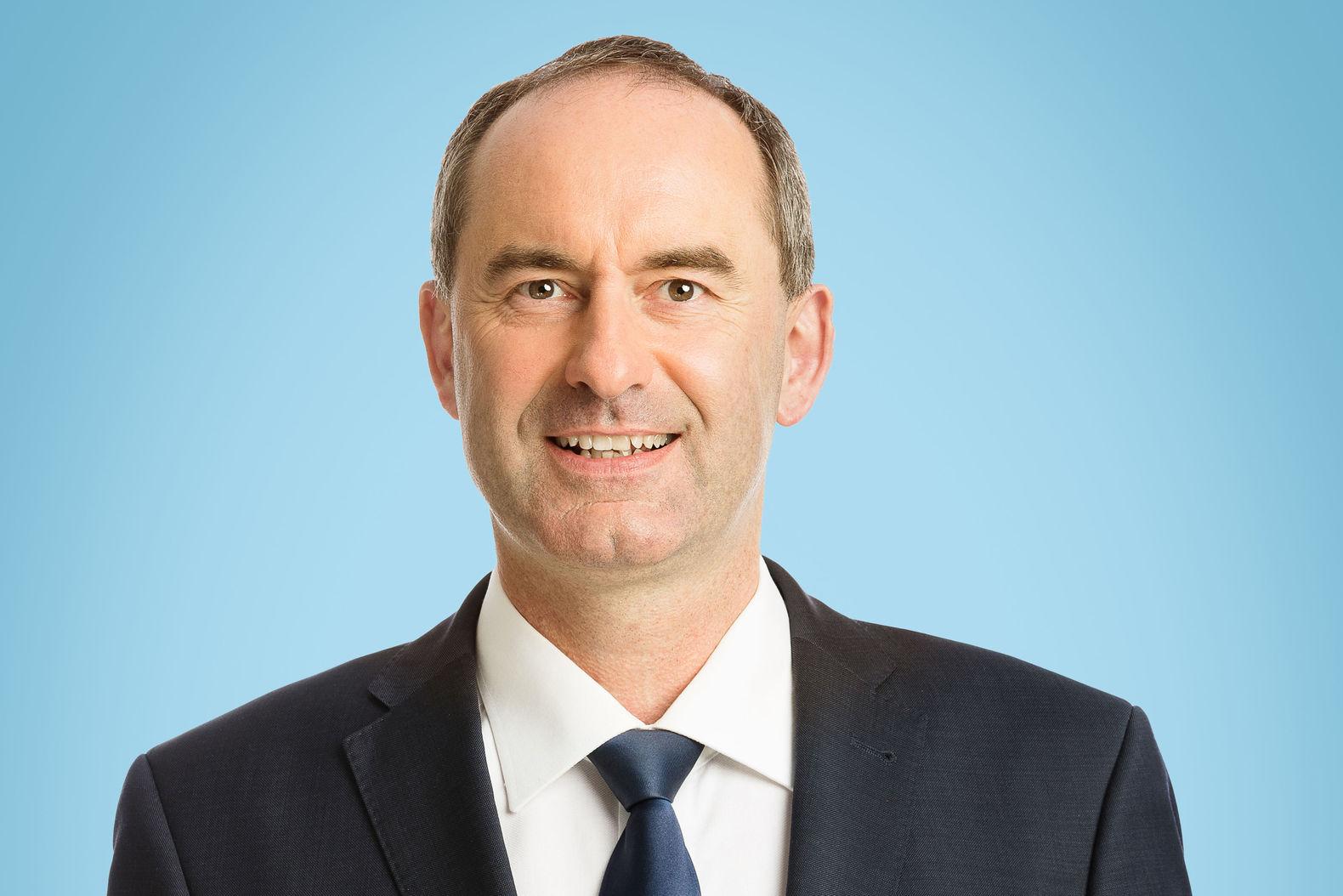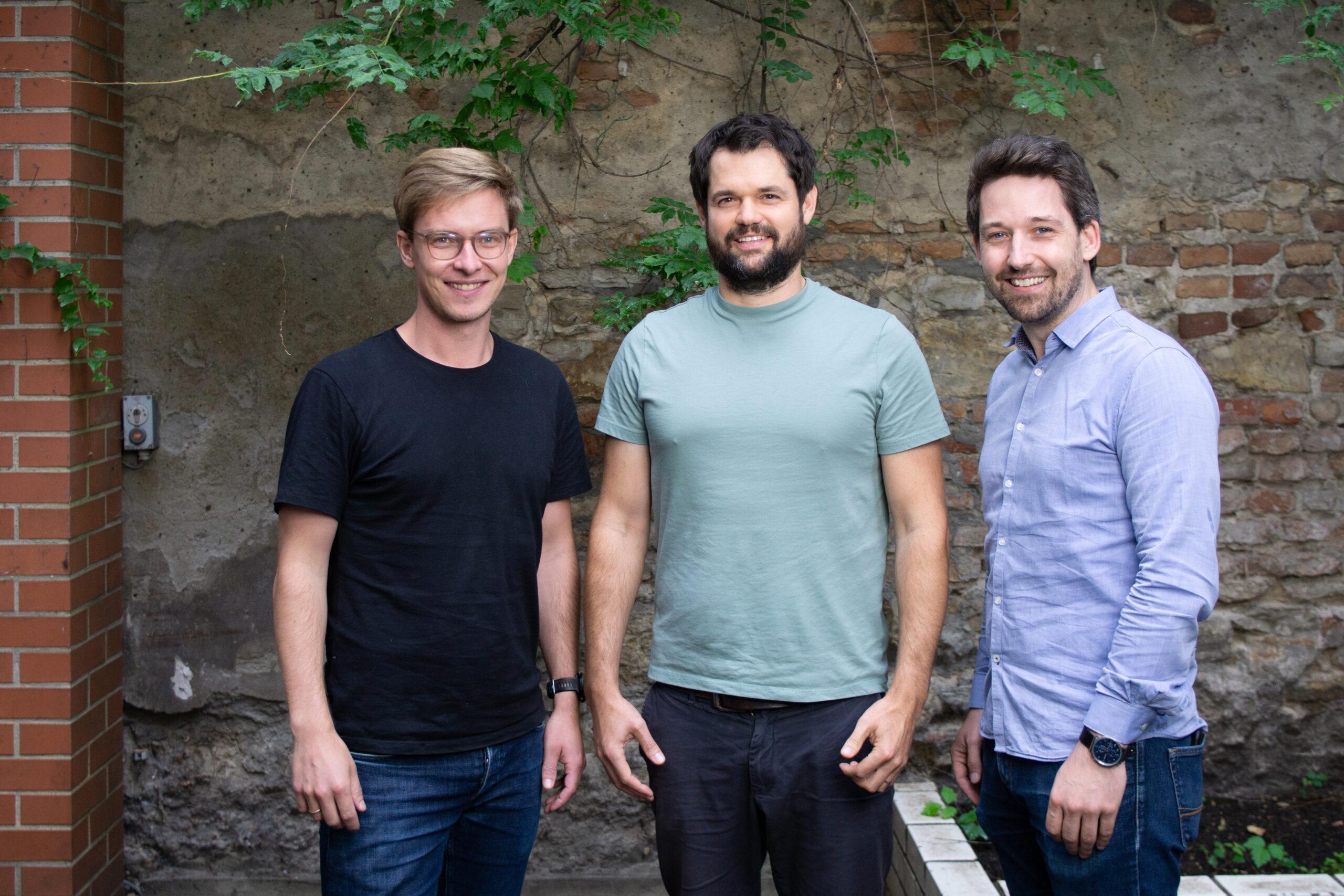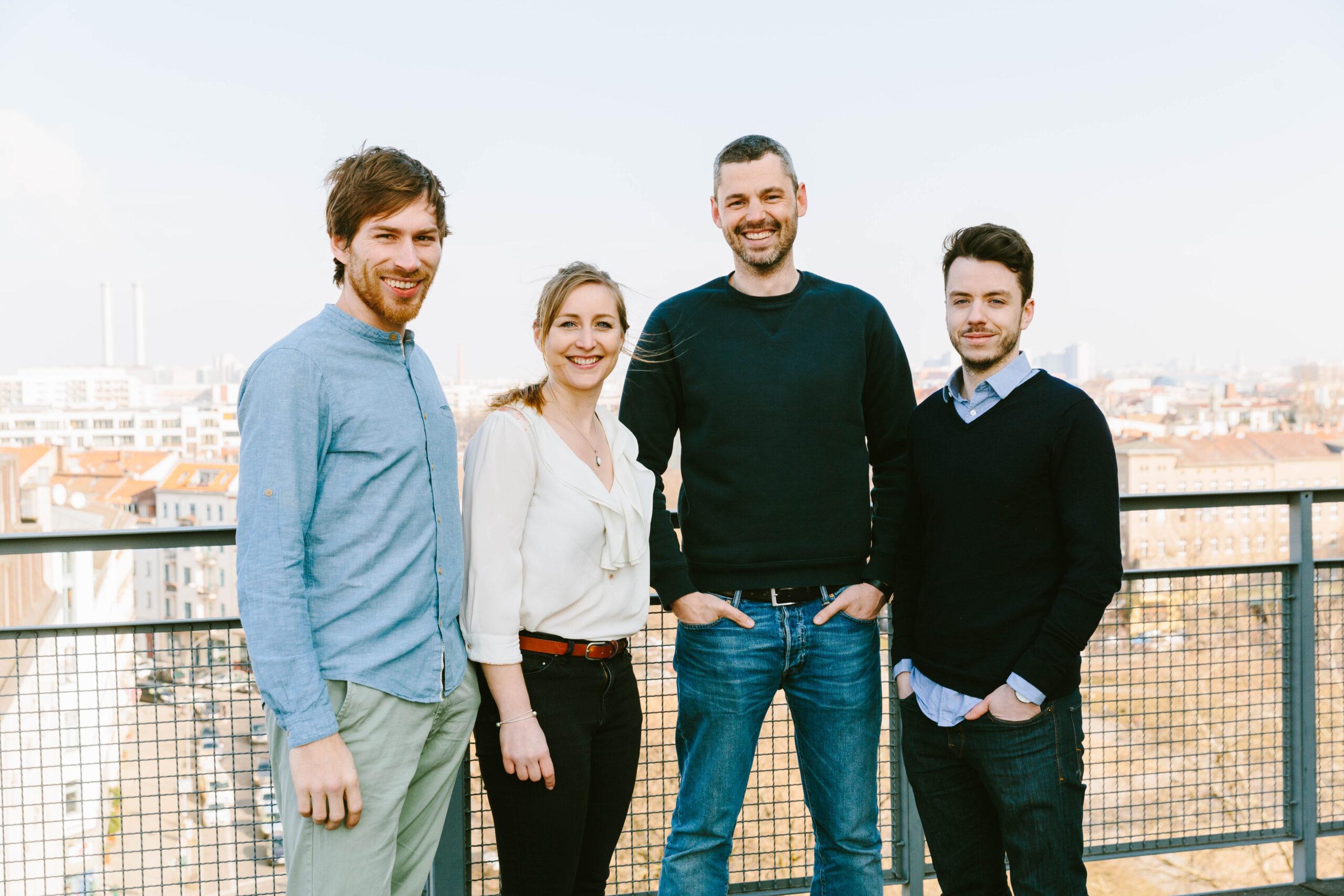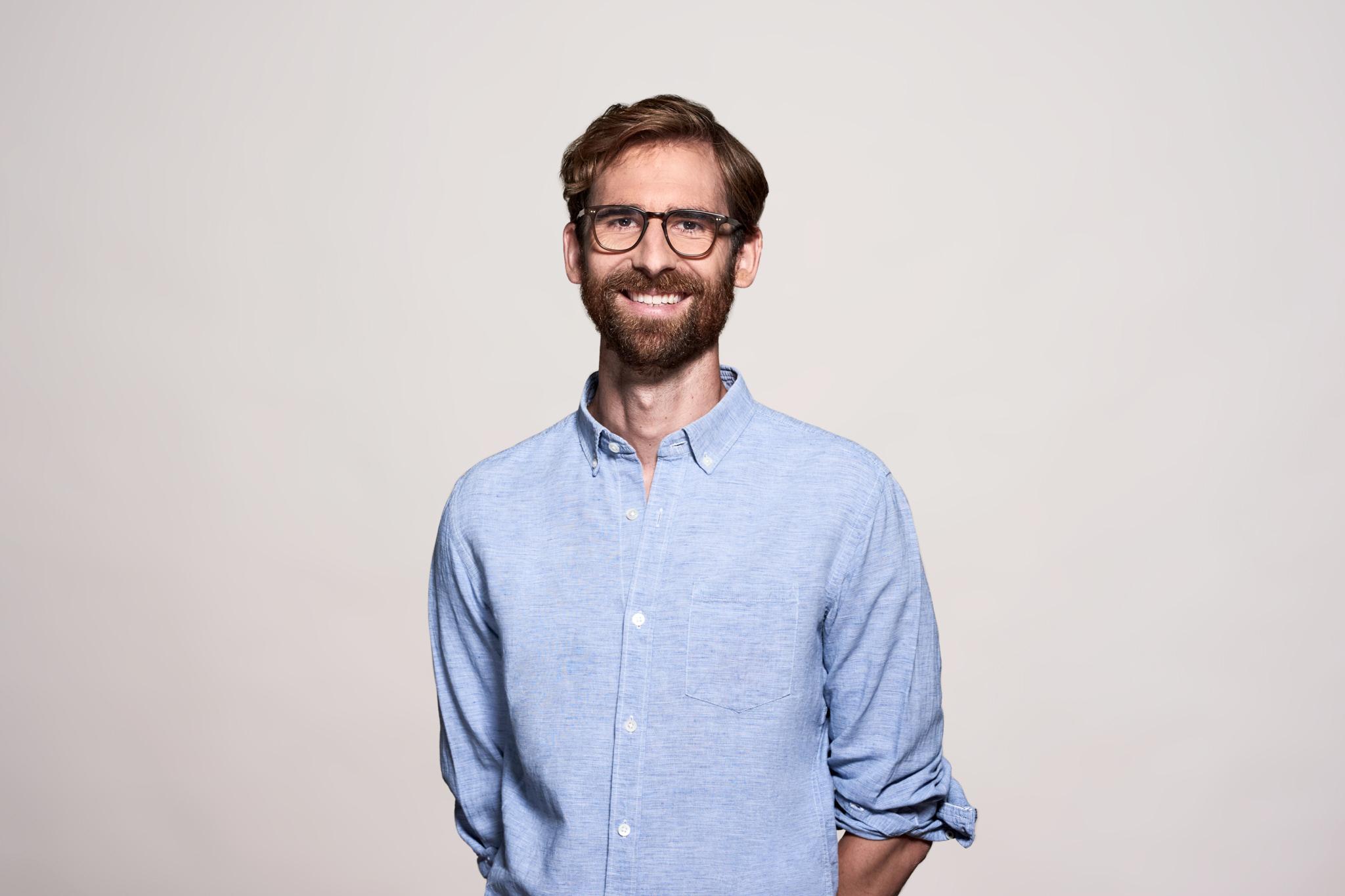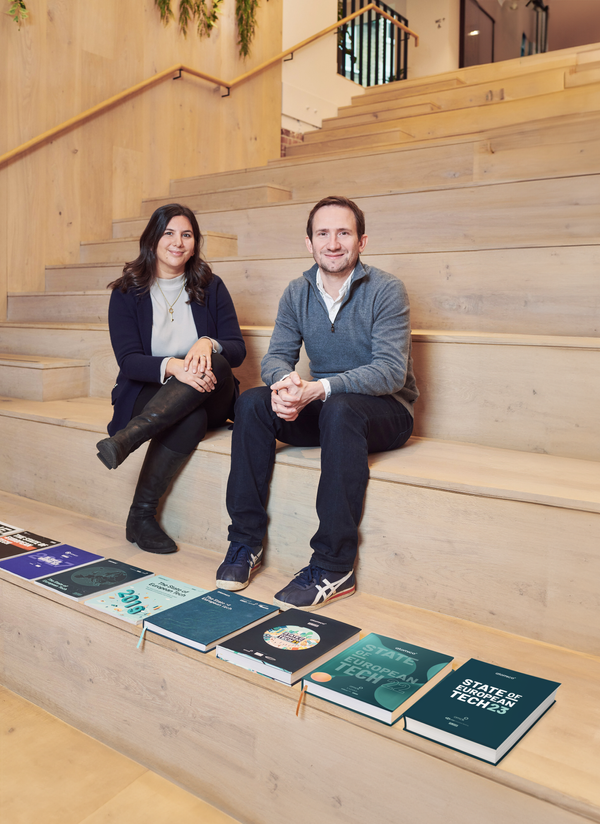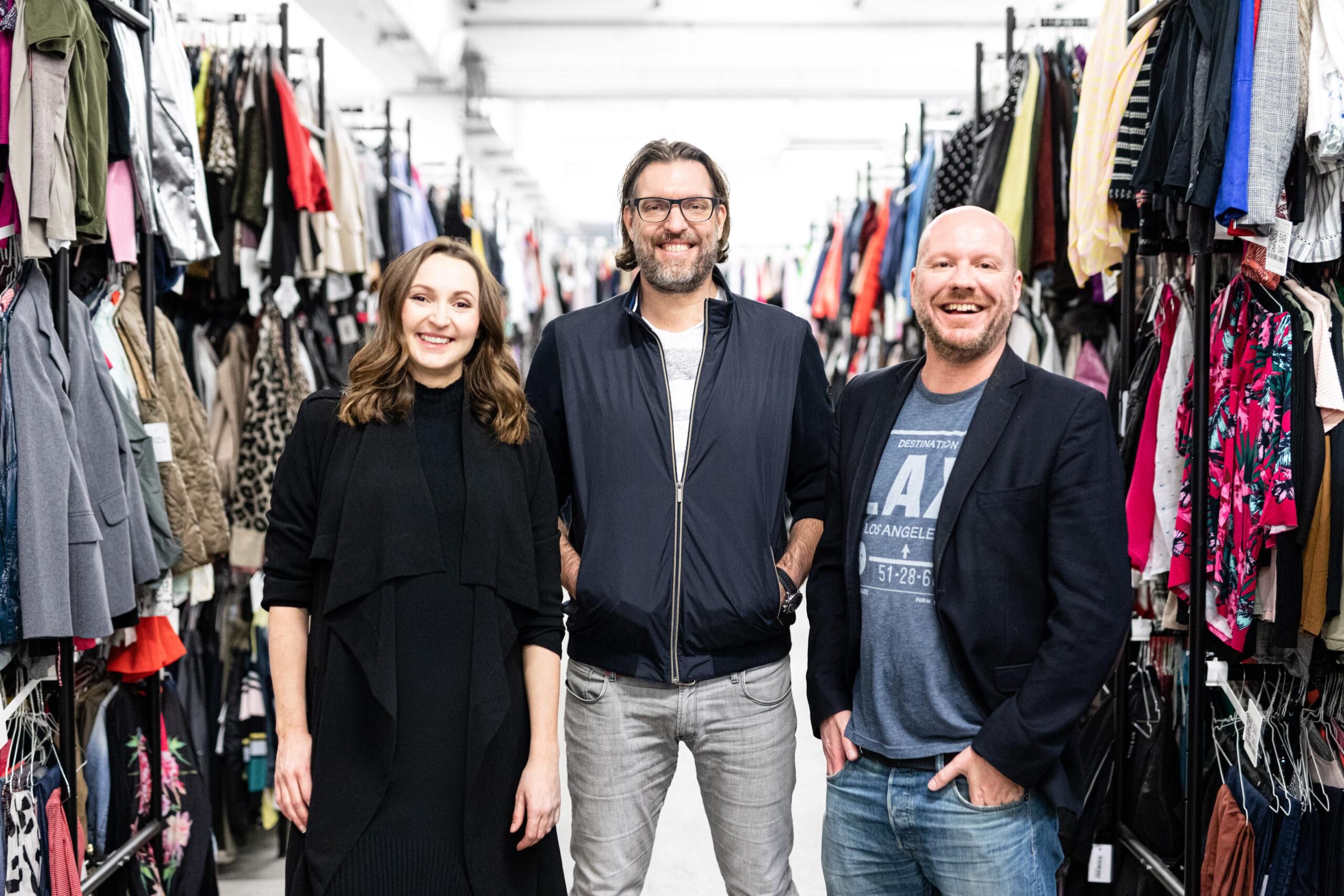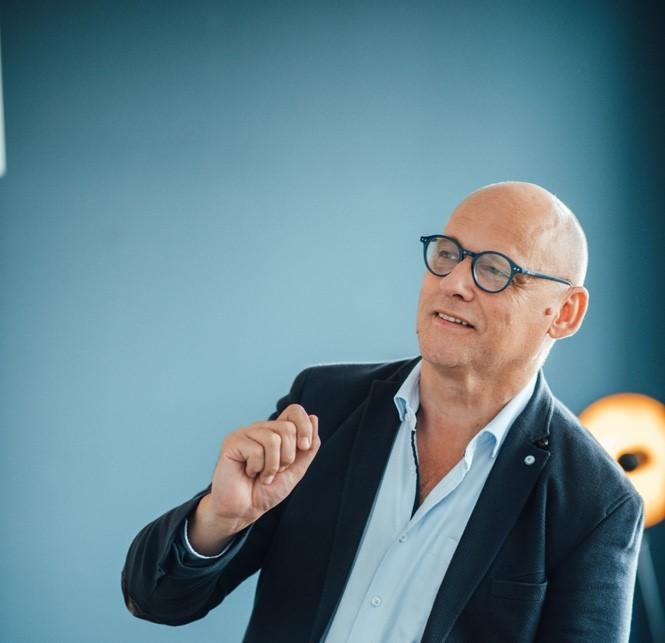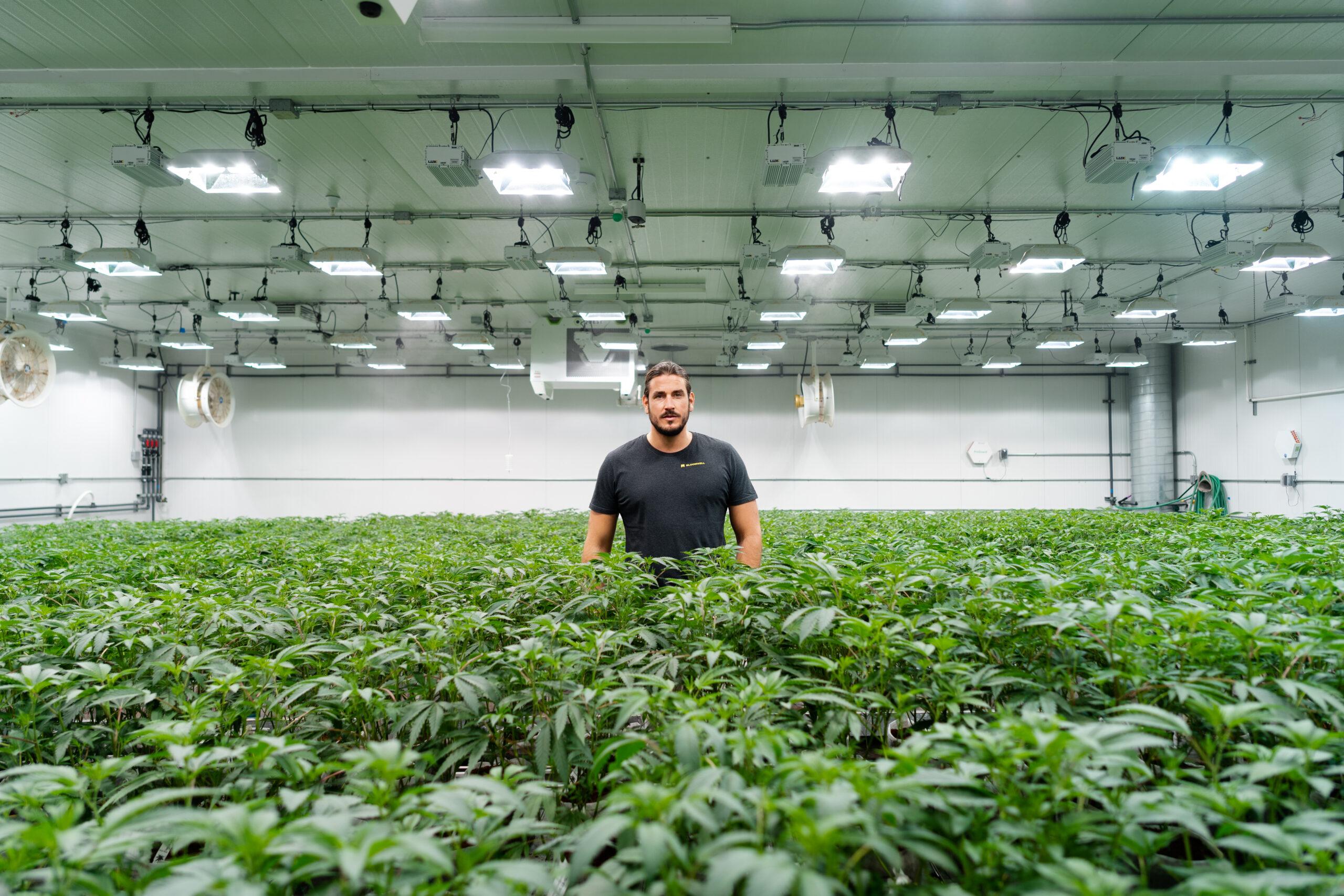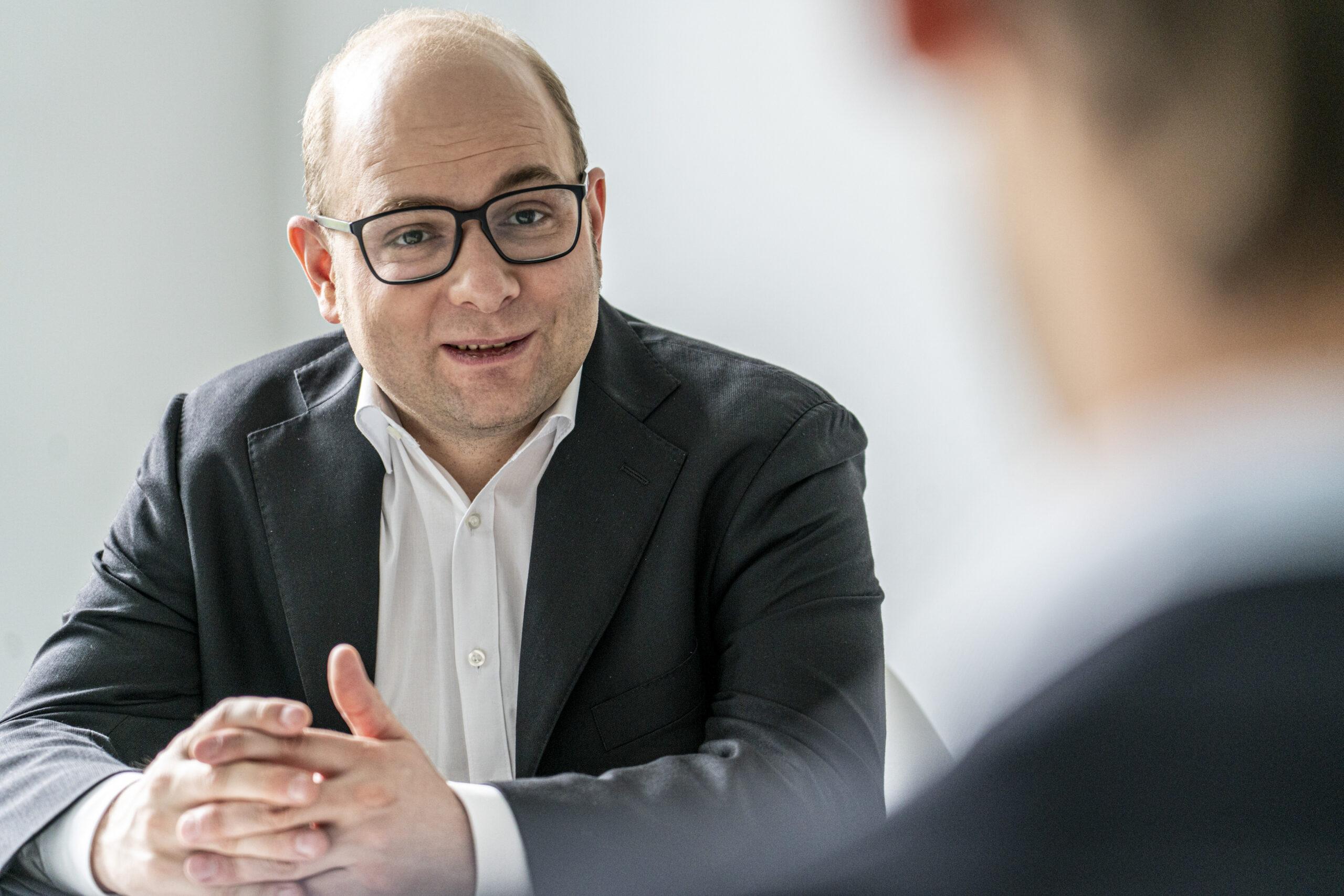This is how founders evaluate the cannabis cornerstone paper

Fears in the industry about what exactly cannabis distribution in Germany might look like were great. The draft submitted for further voting now meets with much approval - but some crucial questions remain unanswered.
As it currently stands, cannabis and tetrahydrocannabinol (THC) will no longer be classified as narcotics in the future. Production, supply and distribution will be permitted within a licensed and state-controlled framework, the ministry writes. The maximum amount allowed per person is to be 20 to 30 grams - and that regardless of the THC level. In the preliminary paper, there was still talk of a THC limit of ten percent for 18- to 21-year-olds. This seems to be off the table for the time being, but according to the cabinet bill, such a limit for this age group is to be examined again.
Founders hope for good business
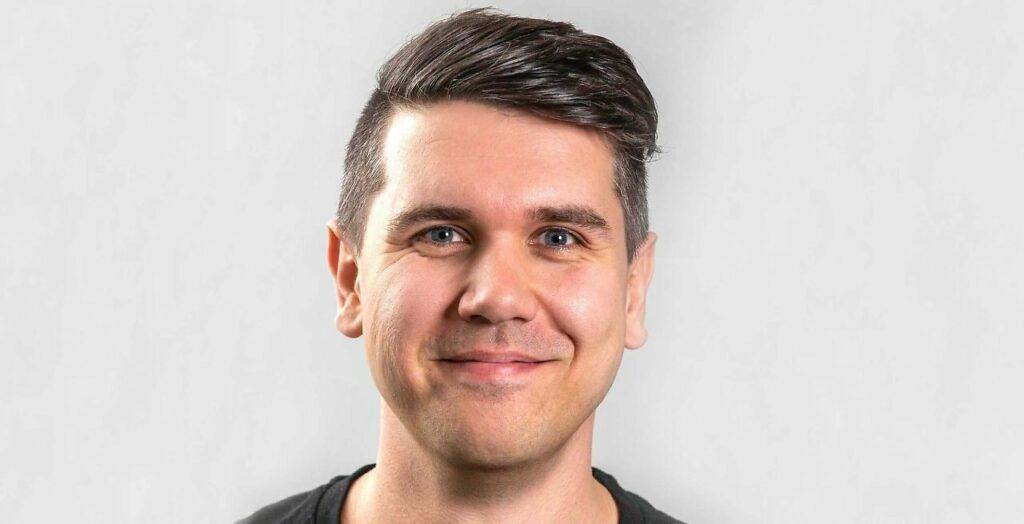
"The details of the cornerstone paper show that legalization is gradually taking shape. If it comes to pass, it can push back the black market and finally also ensure consumer protection," is how Synbiotic founder Lars Müller assesses the draft. From the industry's point of view, he says, the health minister's plans are to be welcomed. "If it is implemented in this way, the German economy will be able to benefit from it," Müller says with conviction.
He already sees opportunities for his start-up. The planned regulations are almost like winning the lottery for Synbiotic, he says. "When the time comes, we will be able to offer franchise-like models for cannabis stores in addition to our own stores."
Jakob Sons, co-founder and CEO of Cansativa, is also generally positive about the paper. "We are very happy that the key points paper has now been published as expected," he says in a video commentary. It is an important sign, he says, that policy on cannabis regulation will now change. But his company is critical of the regulations on supply, production and distribution. Cannabis demand could not be met by purely national cultivation, the start-up informs. It is important to enable the import of cannabis to Germany, it says. "A certain lead time as well as larger investments will be necessary to build up a functioning and secure infrastructure and to be able to guarantee it in the long term."
Advertising ban is controversial
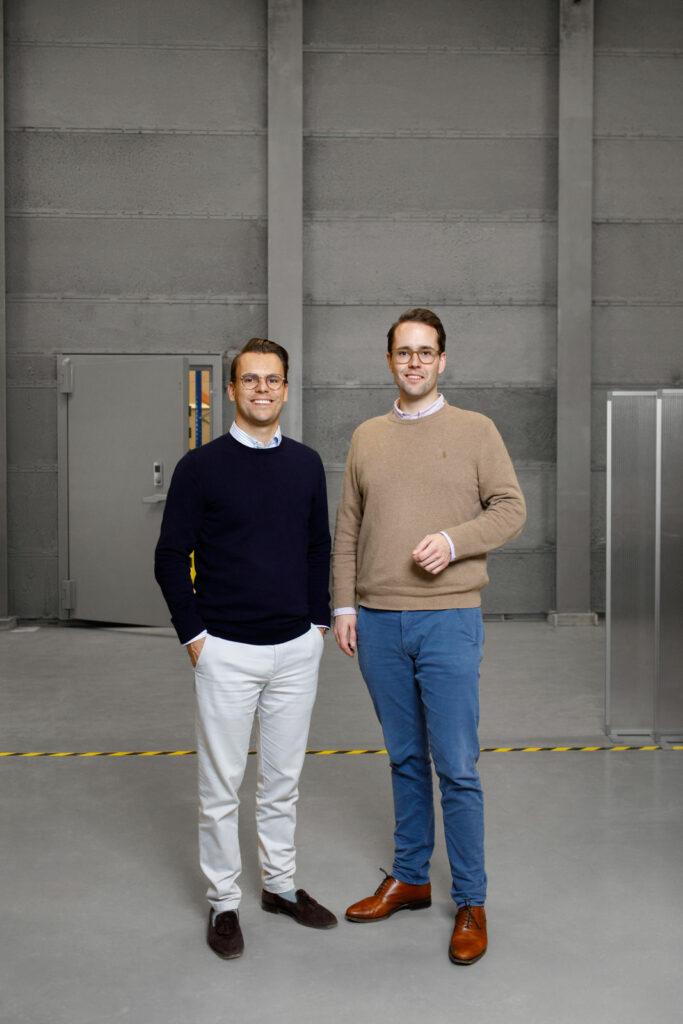
While Finn Hänsel, founder and CEO of Berlin-based cannabis company Sanity Group, also shares the fundamental joy. Still, some crucial hurdles would not be removed, such as reimbursement for medical cannabis. The start-up now fears that patients will try to treat themselves with pleasure cannabis without medical advice.
Hänsel is also critical of the fact that there are currently no plans for mail-order sales. The sale is to take place only in licensed specialized stores and possibly pharmacies. However, online trade in particular could make a major contribution to displacing the illegal market, as this is the only way to serve rural regions, says the founder. He also criticizes the fact that, according to the paper, the federal government only wants to allow dosage forms for smoking, inhalation, nasal and oral intake in the form of capsules, sprays and drops. So-called edibles, which are food products to which cannabis extracts are added, are missing. "By restricting the dosage forms, you give the illegal market a gateway to offer more edibles in the future," Hänsel says.

Some founders also have a hard time with the advertising ban. Product information is essential for education and destigmatization, they say. "A completely new legal market is developing in which consumers must orient themselves responsibly," says Hänsel. Cansativa is also bothered by the advertising ban. "A general advertising ban does not do justice to consumers and health protection," the company informs. Cannabis as a product cannot be reduced to its THC and CBD content, but is extremely versatile with all its components and properties.
Meanwhile, it remains unclear in which legal framework the legalization will ultimately be cast. "Under international law, the focus is on three conventions that clearly limit the handling of narcotic substances such as cannabis," the key issues paper also states. This framework offers, "limited options to implement the coalition project." Niklas Kouparanis, co-founder and CEO of the Frankfurt-based Bloomwell Group, is also critical of the legal aspects. "The biggest question mark with the present key points paper is and remains the interpretation by the European Commission," he says. "Failure of the current plan at the EU level must not be used as an excuse for the German government. It needs a plan B."
FYI: English edition available
Hello my friend, have you been stranded on the German edition of Startbase? At least your browser tells us, that you do not speak German - so maybe you would like to switch to the English edition instead?
FYI: Deutsche Edition verfügbar
Hallo mein Freund, du befindest dich auf der Englischen Edition der Startbase und laut deinem Browser sprichst du eigentlich auch Deutsch. Magst du die Sprache wechseln?






